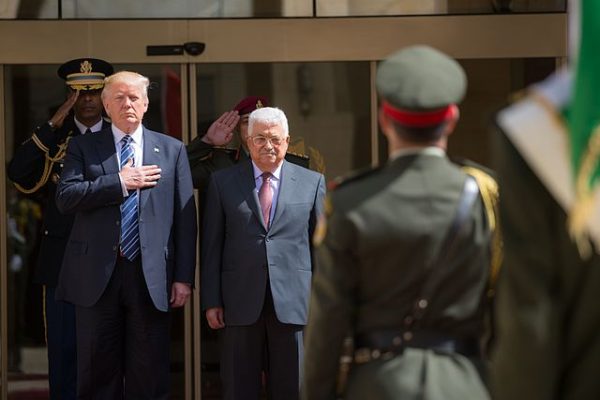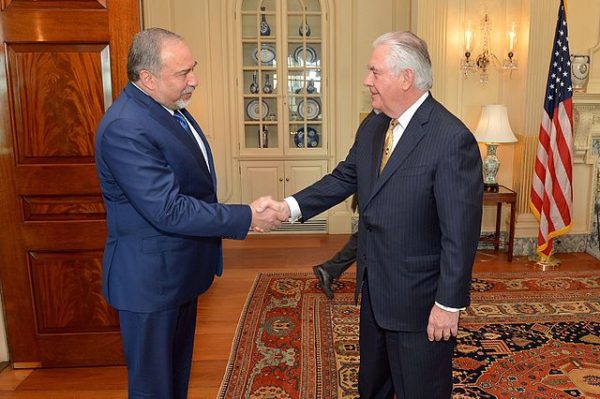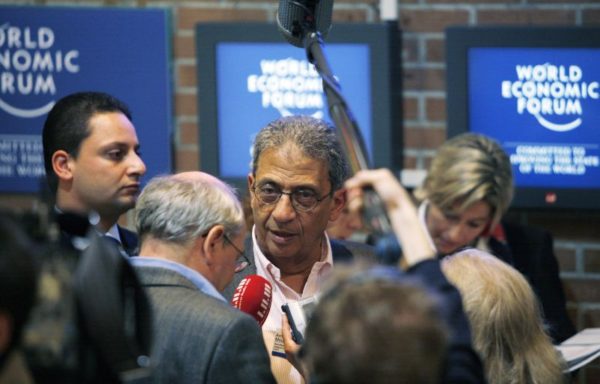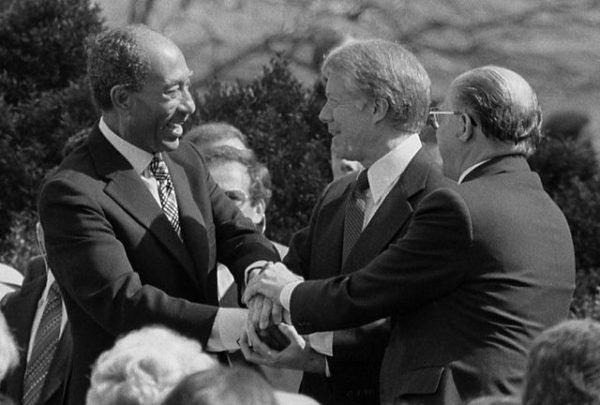Much to the disappointment of the right-wing nationalist camp in Israel, U.S. President Donald Trump may yet turn out to be something a dud.
Israeli right-wingers, buoyed by his staunchly pro-Israel statements and comments during the presidential campaign, expected him to grant Israel carte blanche in its dealings with the Palestinians, display a tolerant attitude toward settlements in the West Bank and move the American embassy from Tel Aviv to Jerusalem.
But after five months in office, Trump is backtracking, looking a bit like his predecessor, Barack Obama, whose popularity in Israel was never that high.
As it turns out, Trump may not be the knight in shining armor some Israelis thought he would be. He has deferred his promise to transfer the embassy. He has asked Israel to curb settlement construction. And he’s pushing the Israeli government to settle with the Palestinians. Only on Iran has he not wavered. “Iran’s leaders routinely call for Israel’s destruction,” Trump said in Jerusalem. “Not with Donald J. Trump, believe me.”

Proceeding from the assumption that Israeli Prime Minister Benjamin Netanyahu and Palestinian Authority President Mahmoud Abbas are ready to work toward a peace accord in “good faith,” as he stated in a speech in Bethlehem during his 28-hour visit to Israel and the Palestinian territories, Trump is eager to clinch his cherished goal of achieving the “ultimate” agreement.
“This president is determined to get a deal,” Netanyahu said the other day, confirming Trump’s desire to be a historic peacemaker.
Netanyahu, who has often claimed that Israel does not have a reliable interlocutor and partner in Abbas, went on to say that Trump is of the opinion that Abbas wants peace — a proposition that does not sit well in Likud Party circles. In a resigned and slightly ironic tone, Netanyahu noted, “He (Trump) said that he believes it is possible to reach a deal and that we need to reach it. We are in that situation.”
And in speaking about Israel’s alliance with the United States, Netanyahu cautiously observed, “It is true that there are warm relations and there is a lot of understanding for our basic positions, but it is not true that we have a blank check…”
This means, of course, that some Israelis will be terribly disabused of their rosy assumption that Trump would be the most pro-Israel U.S. president in history, and that he would totally side with Israel against the Palestinians.
Netanyahu may well be one of those disappointed Israelis.
Of late, he has been promoting the so-called “inside-out” regional approach to peacemaking, contending that an Israeli rapprochement with Sunni Arab states like Saudi Arabia and Qatar should be forged before a final-status peace agreement with the Palestinian Authority can be contemplated.
But in a speech in Bethlehem, Trump went in the opposite direction, all but shattering Netanyahu’s vision of peace.
As Trump put it, “I am truly hopeful that America can help Israel and the Palestinians forge peace and bring new hope to the region and its people. I also firmly believe that if Israel and the Palestinians can make peace, it will begin a process of peace all throughout the Middle East.”

Echoing Trump’s theme, U.S. Secretary Rex Tillerson said, “We solve the Israeli-Palestinian peace dilemma, we start solving a lot of the peace throughout the Middle East region.”
Tillerson added that Trump is exerting pressure on Israel and the Palestinian Authority to restart peace talks, which broke down three years ago in a welter of acrimony. “The president was very forceful in his encouragement to both of them to be serious about approaching these discussions in the future and recognize you have to compromise,” he said. “So he was putting a lot of pressure on them that it was time to get to the table.”
Needless to say, this kind of talk makes Netanyahu nervous.
Although he pays lip service to a two-state solution, Netanyahu is highly skeptical about the idea of Palestinian statehood, ardently supports the settlement project in the West Bank and firmly believes that Israel will have to control security in the West Bank indefinitely. As well, most of his ministers vehemently reject the notion of a Palestinian state in territory they deem intrinsically Jewish and Israeli. At best, cabinet ministers like Naftali Bennett are willing to grant the Palestinians a measure of autonomy, with the Israeli army in charge of security.

If peace talks should ever resume, Israel would be wise to abandon its “inside-out” approach, as Amr Moussa, the former secretary general of the Arab League, recently suggested at the World Economic Forum conference in Jordan.
“A peace deal … that jumps over the Palestinian question will be directly and violently opposed by Arab public opinion,” asserted Moussa, the ex-Egyptian foreign minister. “I don’t think that any Arab government would be safe ignoring the Palestinian question and forging peace with Israel.”
Lest it be forgotten, Egyptian President Anwar Sadat signed a separate peace treaty with Israel in 1979, essentially leaving the Palestinians out of the loop. Sadat paid a heavy price for his benign neglect of the Palestinian issue. Just two years later, he was assassinated.

Clearly, no current Arab leader will risk submitting himself to such a fate.
It’s elementary that the Palestinian problem must be resolved in a fair and equitable fashion before Israel can even think of normalizing relations with its Arab neighbors.
